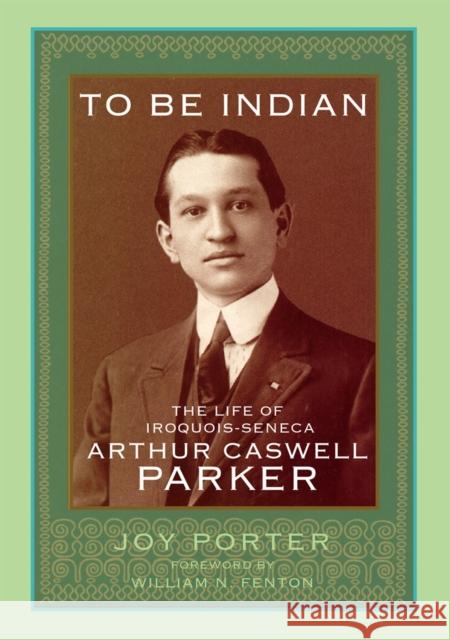To Be Indian: The Life of Iroquois-Seneca Arthur Caswell Parker » książka
To Be Indian: The Life of Iroquois-Seneca Arthur Caswell Parker
ISBN-13: 9780806133171 / Angielski / Twarda / 2001 / 320 str.
To Be Indian: The Life of Iroquois-Seneca Arthur Caswell Parker
ISBN-13: 9780806133171 / Angielski / Twarda / 2001 / 320 str.
(netto: 115,38 VAT: 5%)
Najniższa cena z 30 dni: 115,83
ok. 30 dni roboczych
Bez gwarancji dostawy przed świętami
Darmowa dostawa!
Born on the Seneca Indian Reservation in New York State, Arthur Caswell Parker (1881-1955) was a prominent intellectual leader both within and outside tribal circles. Of mixed Iroquois, Seneca, and Anglican descent, Parker was also a controversial figure-recognized as an advocate for Indians but criticized for his assimilationist stance. In this exhaustively researched biography-the first book-length examination of Parker's life and career-Joy Porter explores complex issues of Indian identity that are as relevant today as in Parker's time. From childhood on, Parker learned from his well-connected family how to straddle both Indian and white worlds. His great-uncle, Ely S. Parker, was Commissioner of Indian Affairs under Ulysses S. Grant--the first American Indian to hold the position. Influenced by family role models and a strong formal education, Parker, who became director of the Rochester Museum, was best known for his work as a "museologist" (a word he coined). Porter shows that although Parker achieved success within the dominant Euro-American culture, he was never entirely at ease with his role as assimilated Indian and voiced frustration at having "to play Indian to be Indian." In expressing this frustration, Parker articulated a challenging predicament for twentieth-century Indians: the need to negotiate imposed stereotypes, to find ways to transcend those stereotypes, and to assert an identity rooted in the present rather than in the past.











